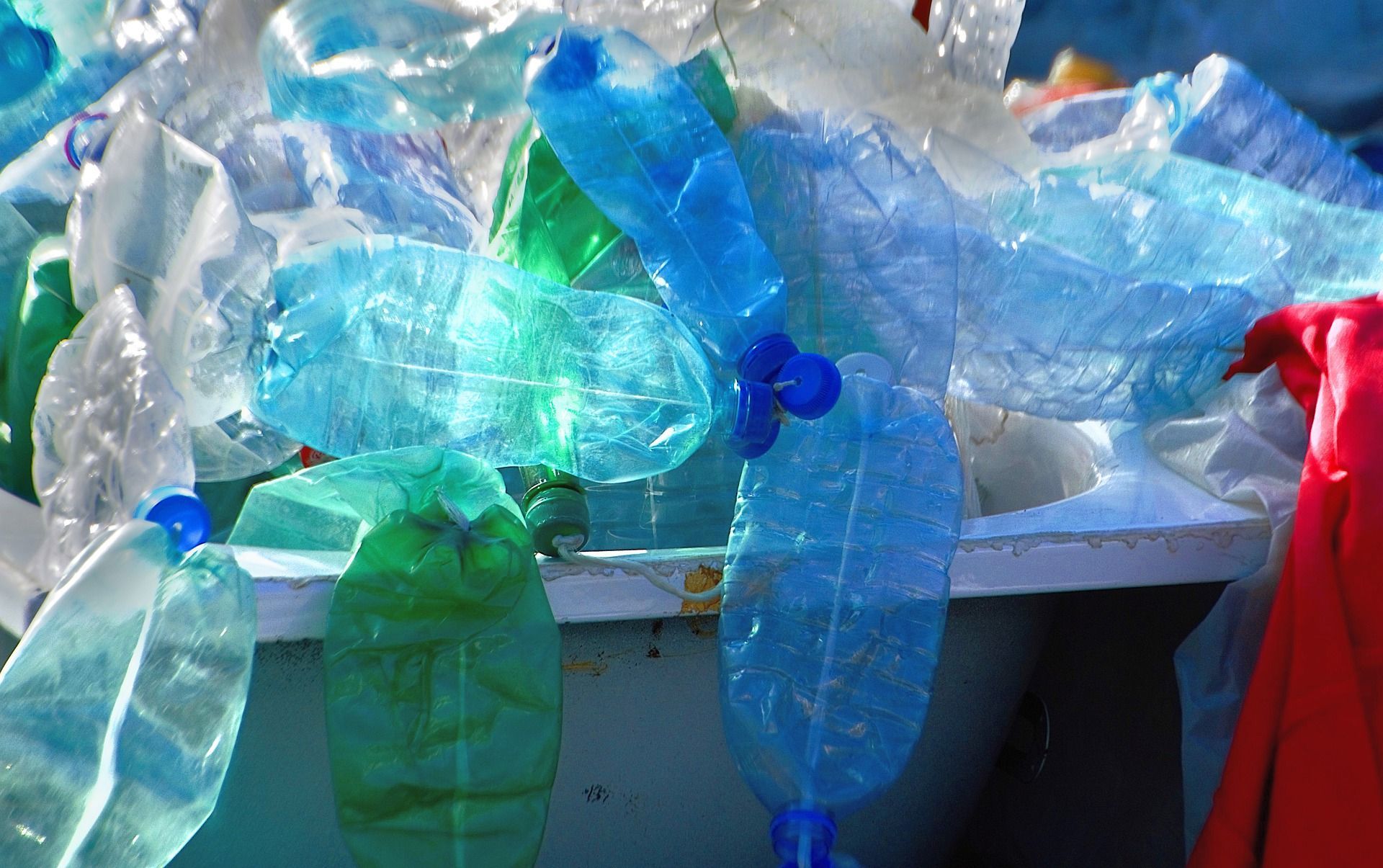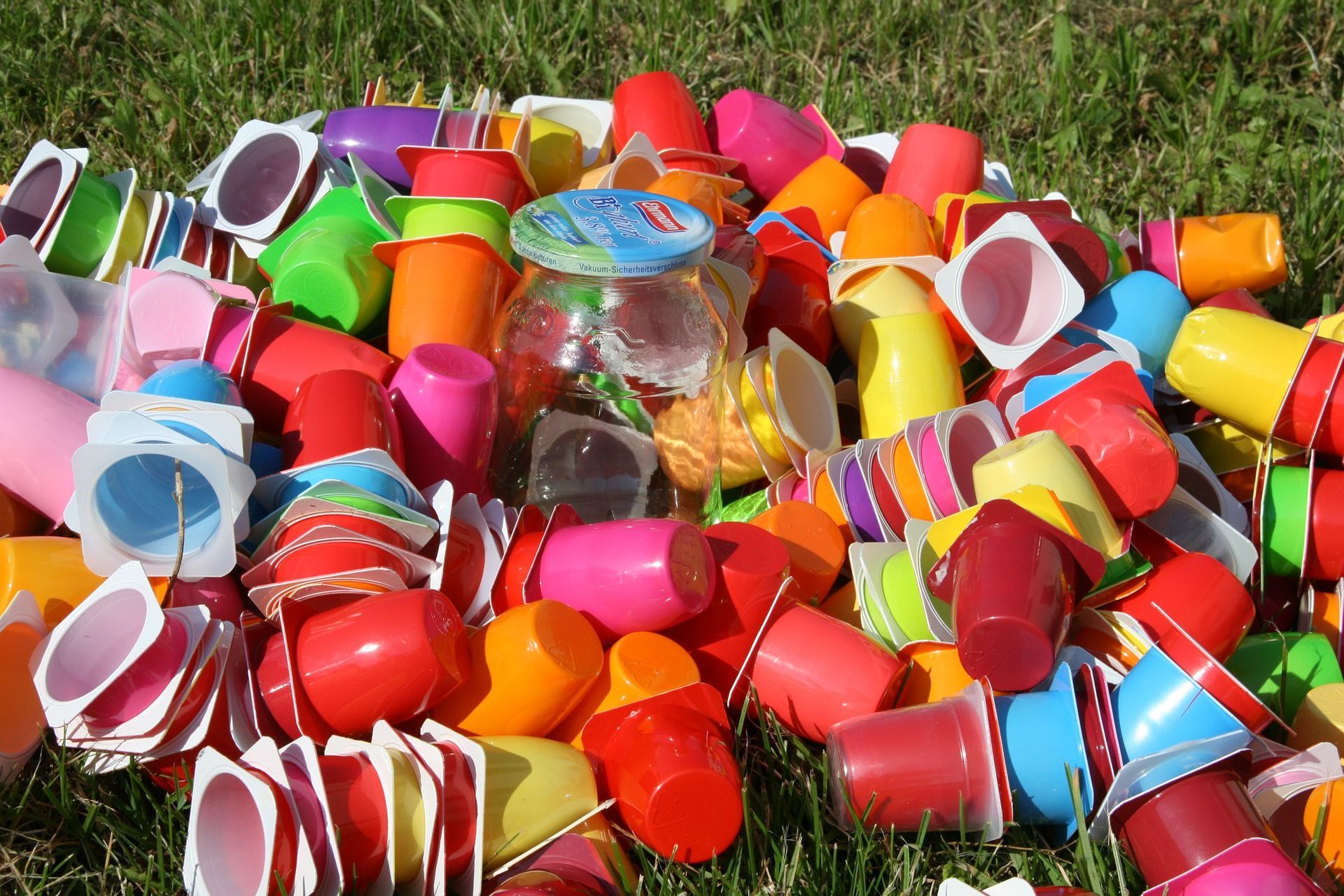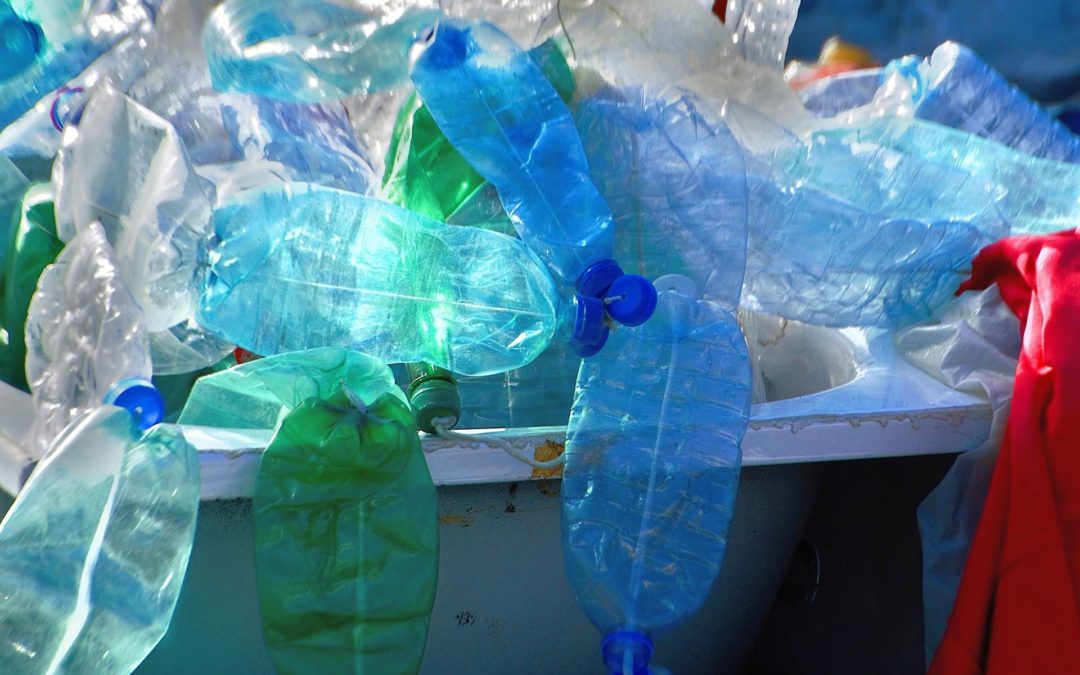
Less than ten percent of all plastic produced in the world is recycled. Instead, much of the plastic ends up in landfills around the world. In total, there are almost five billion tonnes of plastic stored in dumps and in nature today.
It can take hundreds of years for plastic to degrade naturally. But now researchers at the University of Texas Austin in the United States have discovered an enzyme that can break down plastic and turn it into raw material for new plastic. Instead of centuries, the enzyme completes the process in a few days.
Researchers have long known that there are enzymes that can break down plastic, but those enzymes have only worked at high temperatures and required an expensive process to work. The enzyme that the researchers have now discovered works at low temperatures and will be much cheaper to use, the researchers say. They will now try to scale up the method so that it can recycle all the billions of tonnes of plastic that is lying around to no use.
Having an enzyme that works at low temperatures is important as it makes it possible to treat the plastic directly on the tips. Otherwise, all plastic must be transported to factories that can generate the required temperature. It increases costs and reduces interest in recycling plastic.
To find the enzyme, the researchers used machine learning. They taught an AI to analyze how different mutations in a natural enzyme, Petase, could make the enzyme more efficient at breaking down plastic. The AI identified the most promising mutations and when the researchers tested the mutations, the efficiency became much higher.
"Through this more sustainable enzyme process, we can achieve a truly circular economy for plastic products," said Hal Alper, a professor at the University of Texas Austin and one of the researchers behind the study, in a press release.







